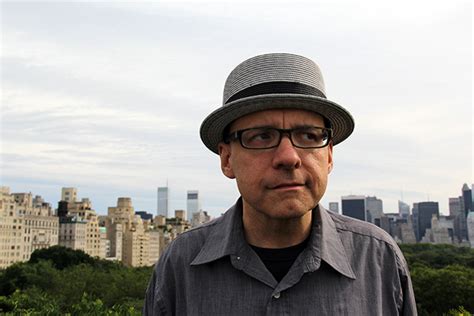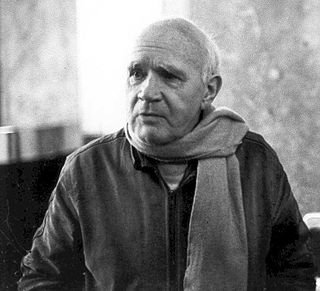A Quote by Irina Tweedie
There are moments of oneness with the Beloved, absolutely ecstasy and bliss. That is nothingness. And this nothingness loves you, responds to you, fulfills you utterly and yet there is nothing there. You flow out like a river without diminishing. This is the great mystical experience, the great ecstasy.
Related Quotes
By inner experience I understand that which one usually calls mystical experience: the states of ecstasy, of rapture, at least of meditated emotion. But I am thinking less of confessional experience, to which one has had to adhere up to now, that of an experience laid bare, free of ties, even of an origin, of any confession whatever. This is why I don't like the word mystical.
The man of the future who will redeem us not only from the hitherto reigning ideal but also from that which was bound to grow out of it, the great nausea, the will to nothingness, nihilism; this bell stroke of noon and of the great decision that liberates the will again and restores its goal to the earth and his hope to man; this Antichrist and anti-nihilist; this victor over God and nothingness - he must come one day.
To burn always with this hard, gemlike flame, to maintain this ecstasy, is success in life . . . Not the fruit of experience, but experience itself, is the end . . . For art comes to you professing frankly to give nothing but the highest quality to your moments as they pass, and simply for those moments' sake.
What meaning has such meditation? There is no meaning; there is no utility. But in that meditation there is a movement of great ecstasy which is not to be confounded with pleasure. It is this ecstasy which gives to the eye, to the brain and to the heart, the quality of innocency. Without seeing life as something totally new, it is a routine, a boredom, a meaningless affair. So meditation is of the greatest importance. It opens the door to the incalculable, to the measureless.
It is this nothingness (in solitude) that I have to face in my solitude, a nothingness so dreadful that everything in me wants to run to my friends, my work, and my distractions so that I can forget my nothingness and make myself believe that I am worth something. The task is to persevere in my solitude, to stay in my cell until all my seductive visitors get tired of pounding on my door and leave me alone. The wisdom of the desert is that the confrontation with our own frightening nothingness forces us to surrender ourselves totally and unconditionally to the Lord Jesus Christ.

































